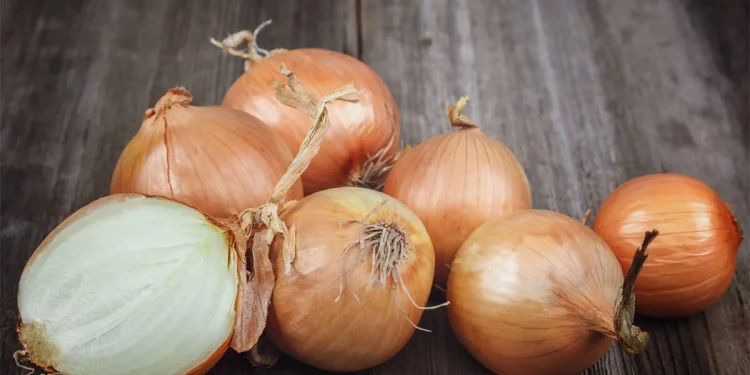Increasing Risks in Global Supply Chains Drive Japanese Companies to Rely More on Locally Grown Vegetables
Japanese food businesses are increasingly turning to domestically grown vegetables as global supply chain uncertainties push them to reduce reliance on imported produce. For the past two decades, imported vegetables have accounted for approximately 30% of the vegetables used in Japan’s restaurants and food-processing industries. Although foreign-grown vegetables can be purchased in large quantities at relatively low costs, companies are recognizing the risks associated with this dependency.
One company leading this shift is Delica Foods Holdings, a major supplier of precut vegetables in Japan. The company has faced challenges securing a stable supply of onions from China, particularly during the disruptions caused by the COVID-19 pandemic. In response, Delica Foods has set a goal to reduce its reliance on Chinese onions, increasing the share of domestically produced onions from 40% to 80% by 2029.
Delica Foods plans to achieve this shift by establishing long-term contracts with Japanese farmers and improving logistics to keep procurement costs under control. Yoshiyasu Osaki, President of Delica Foods, emphasized the importance of strengthening domestic vegetable production, stating, “Imports could stop in the future, not only for economic reasons, but for a variety of factors. I think it is important to grow vegetables in Japan to avoid such a situation.”
The Japanese government is also taking steps to support this shift. The Ministry of Agriculture, Forestry, and Fisheries (MAFF) is engaging with stakeholders, including producers, wholesalers, and restaurant operators, to explore ways to increase the use of Japanese-grown vegetables. By fostering stronger connections within the domestic supply chain, the government aims to enhance food security and ensure a more resilient agricultural sector.
This movement toward self-sufficiency in vegetable production reflects broader concerns about the fragility of global supply chains. Recent geopolitical tensions, climate change, and public health crises have highlighted the vulnerabilities of relying on international imports. Japanese companies are now prioritizing local sourcing as a means to mitigate these risks, promote sustainability, and strengthen their supply chains.
As Japan continues to adapt to these challenges, the increased focus on domestic vegetable production will likely play a crucial role in ensuring the stability of its food supply. By building stronger partnerships between food businesses and local farmers, the country is poised to create a more resilient agricultural industry that can better withstand future disruptions.































